I continually refine the art of finding and evaluating information. From marketing disguised as information, to 'fake' news and viral misinformation; It's overwhelming to find truth.
My goal is to share tips, tricks, and mental models that will elp you get accurate answers to your questions.
First things first, before evaluating information, we should filter from WHERE we are getting our information.
What is the Hierarchy of Evidence and why should I care?
The hierarchy of evidence gives you an idea of how good the evidence simply based on the experimental design! Whenever you read a research paper, this is the first filter you should apply. You'll notice that 'expert' opinions are at the bottom of the pyramid and comprise the weakest forms of evidence.
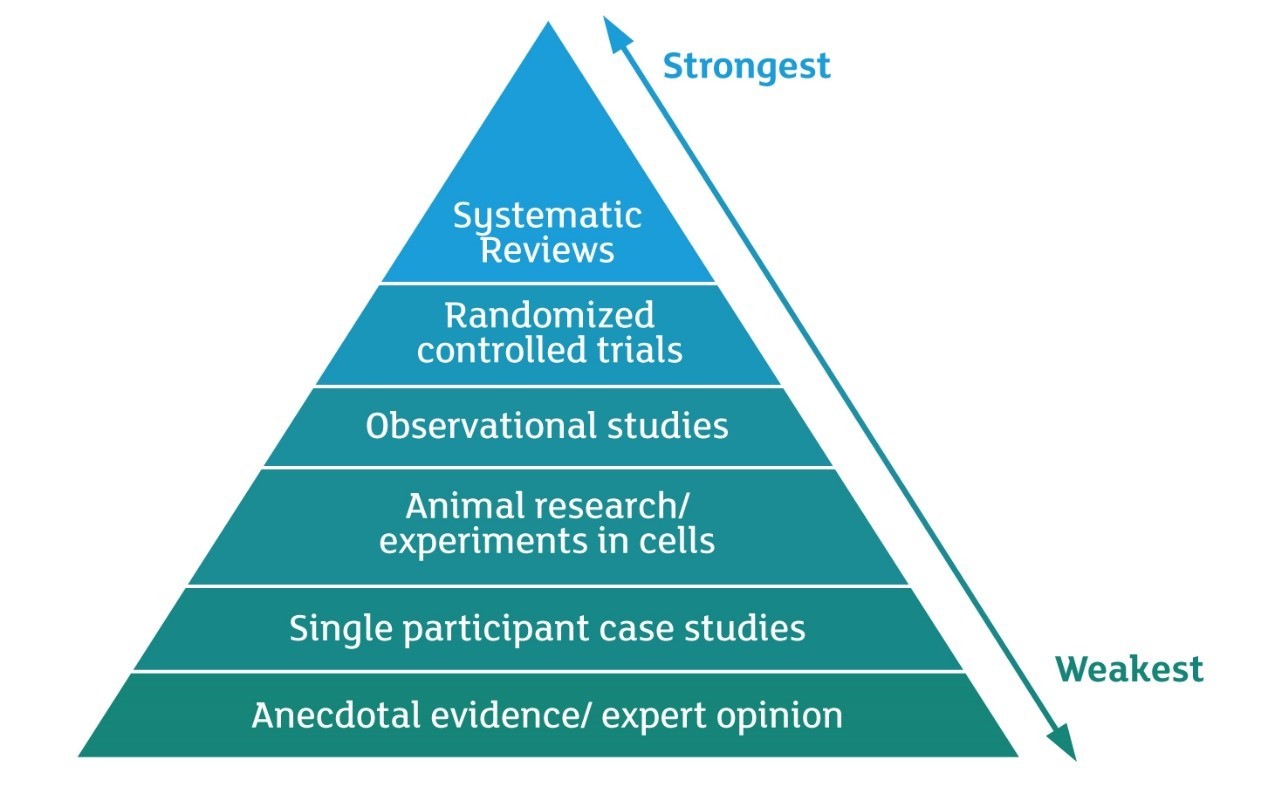
Great, how can I find high-quality research?
A favorite way to find peer reviewed research is Google Scholar. If you append 'systematic review' to your searches, you can try to get as high in the pyramid as possible.
What if an expert's opinion can only answer my question?
There are a lot of questions that simply can't be answered by reading research papers. Like... "What noise canceling headphones should I buy?" For those answers, we will often need to perform a web search.
My first 'trick' is a bit of search engine 'magic' where you perform searches across a single top-level domain (promise I'll explain later!). To try this, open your favorite search engine (might I suggest DuckDuckGo?) and type in a question. At the end of your query, append site:.org
You can also try site.edu, site.reddit.com, site.quora.com
Try a few out and see what happens! Check out the search syntax documentation to learn more.
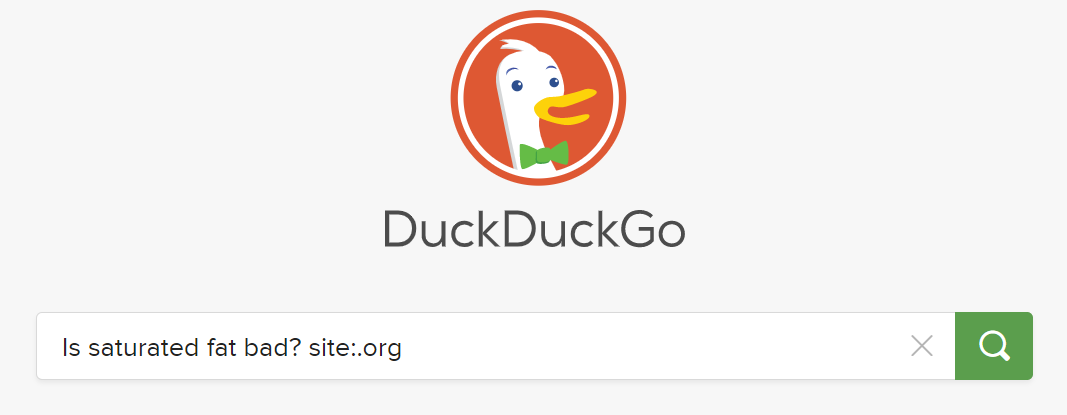
So what the heck is happening? Well, you're only searching across websites that end in .org.
Short aside...what's the difference between a .com, .edu, and .org anyway?
According to the Public Interest Registry (the people who manage all .org domains)
"Created in 1984, .ORG is one of the Internet’s original Top Level Domains (TLDs), along with .com, .net, .gov, .edu and .mil. Although it is “open” and “unrestricted”, .ORG has assumed the reputation as the domain of choice for organizations dedicated to serving the public interest. Today, it remains the domain of trust."
According to Educause, a site under the domain of .edu must:
...be U.S.-based postsecondary institutions. This means that they must be postsecondary institutions located within the United States (including U.S. territories and possessions); be licensed, chartered, or incorporated within the United States (including U.S. territories and possessions); or otherwise be officially recognized as a U.S. postsecondary institution by a U.S. state or federal government agency (including U.S. territories and possessions).
Keep in mind a .com is Commercial; It's unrestricted and likely is revenue driven. Thus, might not have your best interests in mind. That's not to say that .coms are BAD. Just keep both eyes open, ya know? Try searching .orgs and .edus first and then move on to .coms.
I am always looking for better ways to find high-quality information. If you have any of your own tricks or resources, please share in the comments!
Happy surfing!

John Solly
Hi, I'm John, a Software Engineer with a decade of experience building, deploying, and maintaining cloud-native geospatial solutions. I currently serve as a senior software engineer at New Light Technologies (NLT), where I work on a variety of infrastructure and application development projects.
Throughout my career, I've built applications on platforms like Esri and Mapbox while also leveraging open-source GIS technologies such as OpenLayers, GeoServer, and GDAL. This blog is where I share useful articles with the GeoDev community. Check out my portfolio to see my latest work!
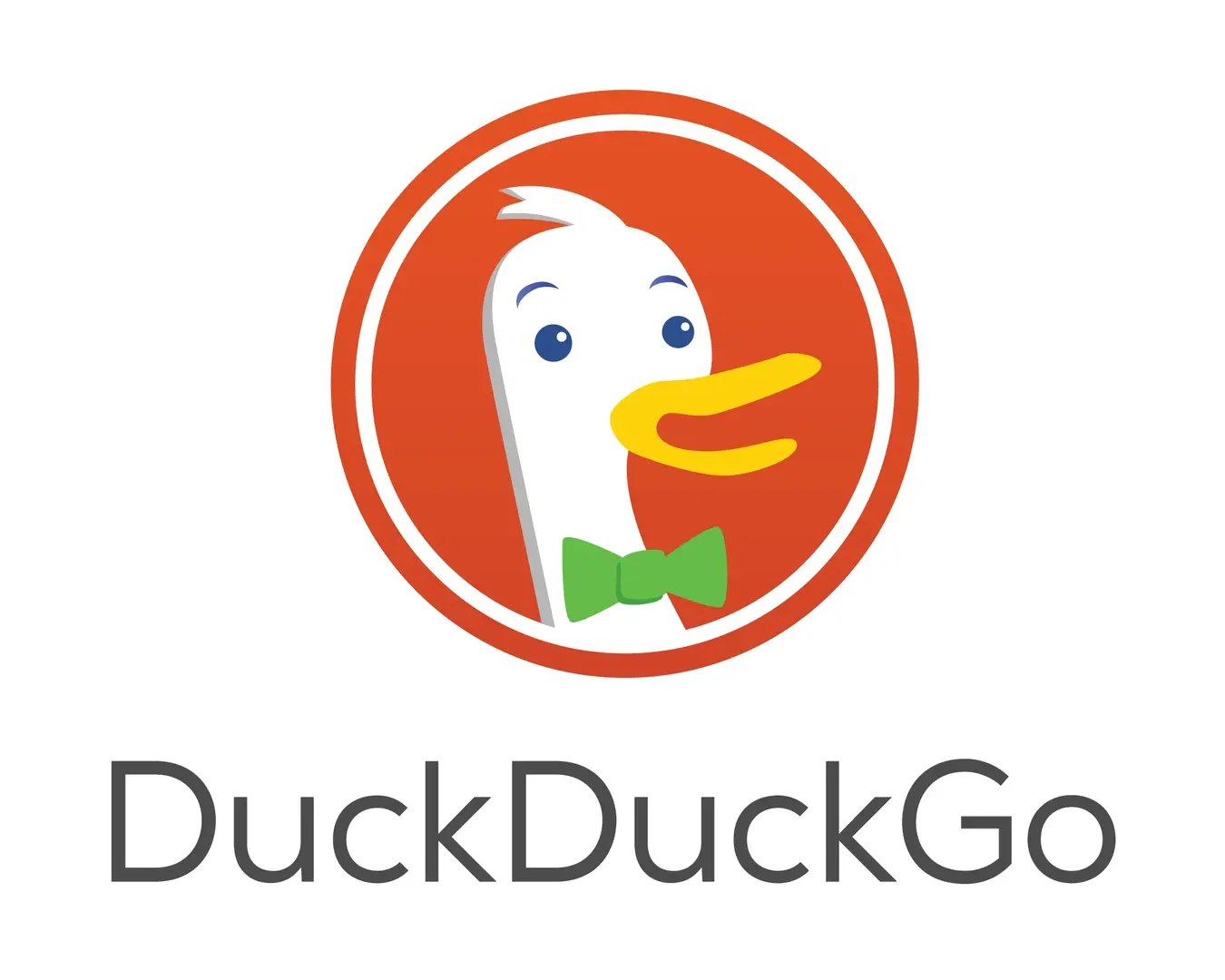
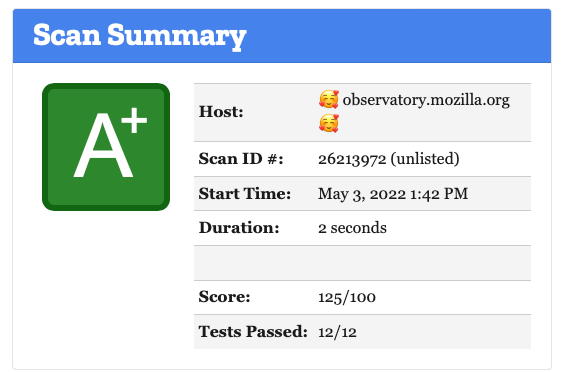

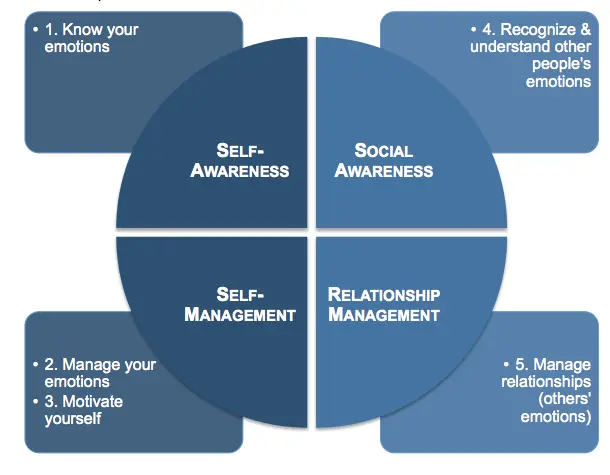
Comments